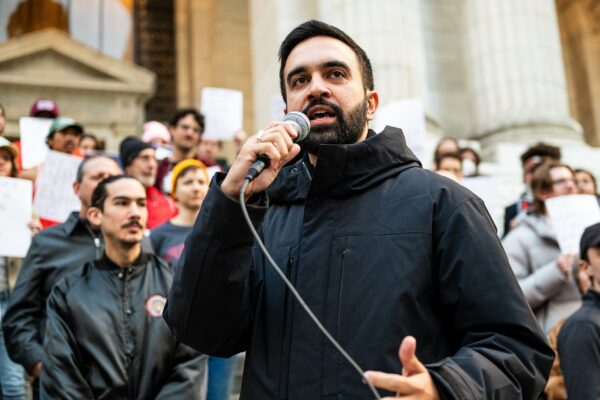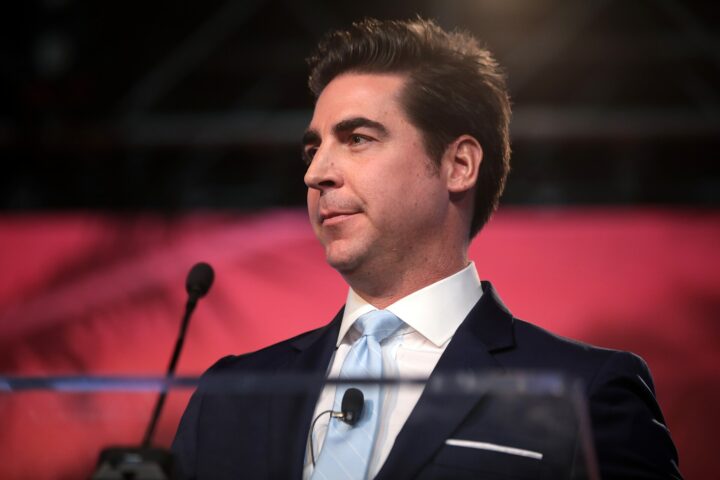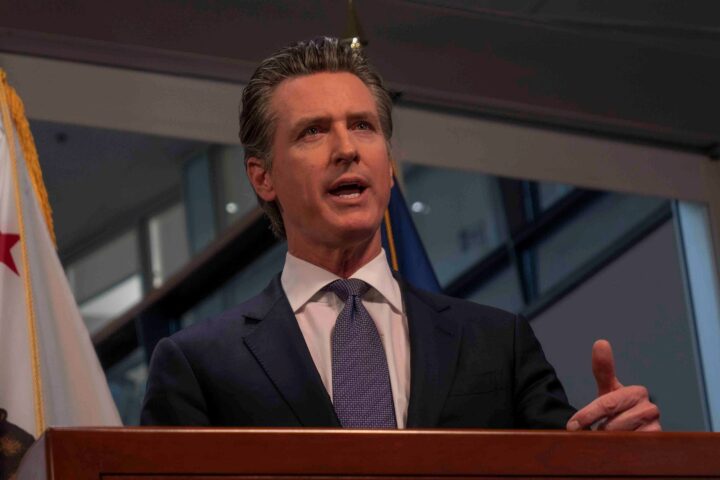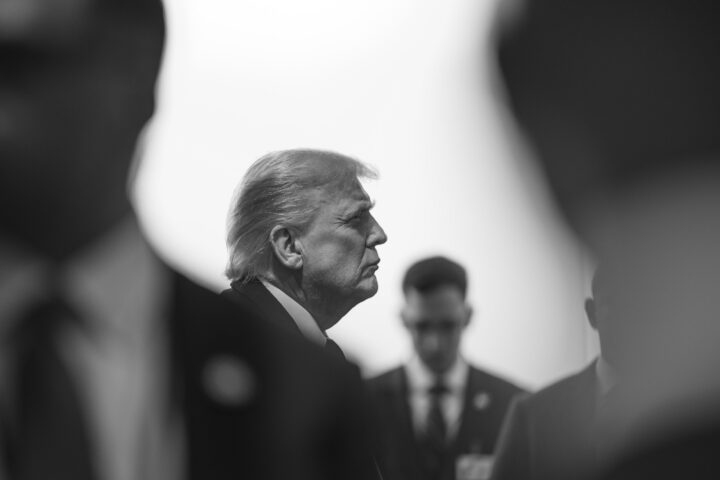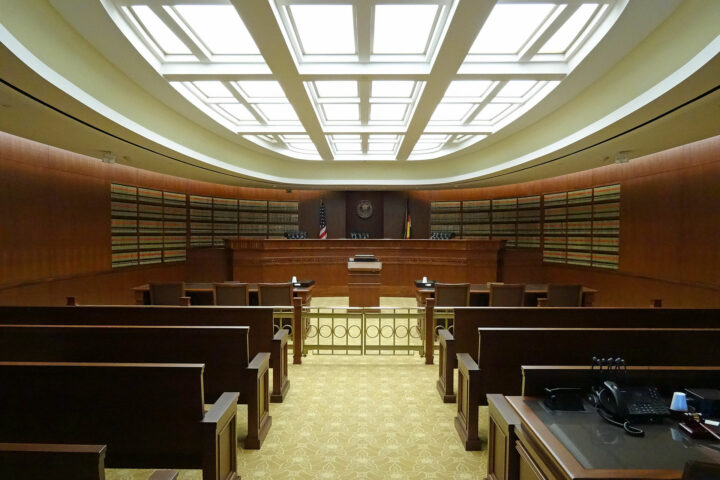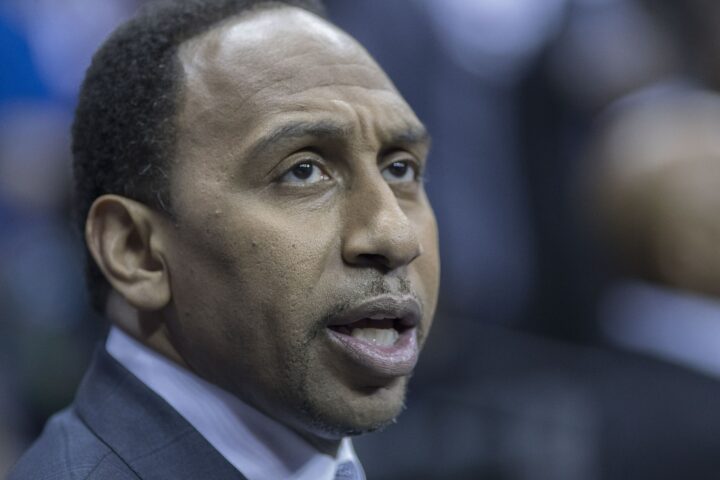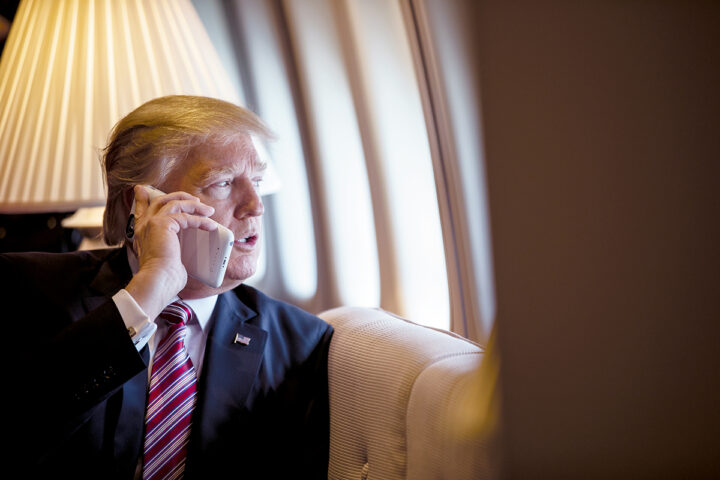A tense exchange between former New York governor Andrew Cuomo and Democratic mayoral candidate Zohran Mamdani on Thursday laid bare a deepening rift within New York’s Democratic Party over pandering to Muslim voters.
During a live mayoral debate, Mamdani accused Cuomo of neglecting New York’s Muslim community throughout his decade-long tenure as governor, charging that the former governor only began visiting mosques after facing a Muslim challenger in this year’s Democratic primary.
“It took Andrew Cuomo being beaten by a Muslim candidate in the Democratic primary for him to set foot in a mosque,” Mamdani declared. “He had more than ten years and he couldn’t name a single mosque at the last debate we had that he visited.”
Cuomo, visibly irritated, rejected the accusation, insisting that he had maintained ties with Muslim leaders while in office. “Before you were ever here, before you were even in state government, I worked with the Muslim community,” Cuomo said. “Imams presided over state of the states. We worked in religious working groups, tolerance groups, anti-Semitic groups, etcetera.”
Mamdani, however, was unrelenting. “What Muslims want in this city is what every community wants and deserves,” he said. “They want equality and they want respect, and it took me to get you to even see those Muslims as part of this city, and that frankly is something that is shameful and is why so many New Yorkers have lost faith in this politics.”
When Cuomo again defended his record, Mamdani pressed him directly: “Name a single mosque you went to while you were the governor. Can you name a single mosque you went to in ten years?”
The former governor’s first known mosque visit came just last month, during his latest campaign swing in the city’s outer boroughs. The timing, Mamdani suggested, reflected a political calculation rather than genuine engagement.
The exchange underscored a broader tension between the old guard of New York Democrats and a new generation of activists who have challenged traditional party figures for what they see as performative gestures toward minority communities. Mamdani, a state assemblyman from Queens known for his progressive rhetoric and grassroots organizing, has made identity and inclusion central to his campaign.
Yet to some observers, the sharp line of questioning risked alienating moderate voters weary of identity-driven politics. Cuomo, while bruised by scandal and political exile, continues to draw support from older and more centrist New Yorkers who view his long tenure as proof of pragmatic leadership in a city often divided by ideology.
At one point, even Republican candidate Curtis Sliwa joined Mamdani in pressing Cuomo, a rare moment of bipartisan alignment that turned the debate into a two-on-one spectacle.
By the debate’s end, Cuomo sought to reassert his experience and dismiss what he portrayed as political theater. “I’ve worked with the Muslim community for many, many years,” he said.
But Mamdani’s closing jab captured the tone of the night: “You couldn’t visit a mosque.”
The exchange, both personal and symbolic, highlighted not only the fierce competition for City Hall but also a Democratic Party increasingly defined by generational and cultural clashes over how — and whether — its leaders truly connect with New York’s diverse communities.
[READ MORE: NBC News Cuts 150 Jobs, Ends Diversity Units in Major Shake-Up]

